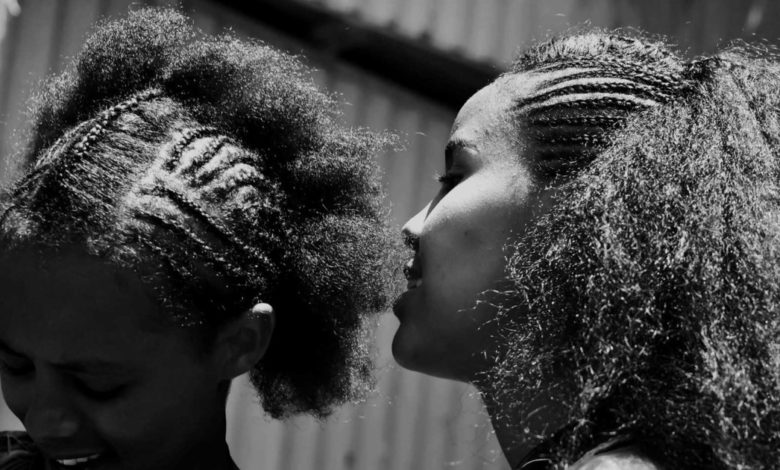Majority of Human Trafficking Victims In Europe Are Nigerians – US report
The United States Department of States has revealed that Edo, Delta, Abia, Ebonyi, Kano, Imo, and Kogi states are common origins of trafficked victims.

A report released by the United States Department of States has revealed that the majority of human trafficking victims in Europe and other parts of the world are Nigerians mostly from Edo, Delta, and Kano states.
The report titled ‘Trafficking In Persons Report June 2021, chronicled the menace of human trafficking in about 200 countries across different continents.
It noted that the Nigerian government was yet to meet the minimum standards to eradicate human trafficking but was making efforts towards developing its anti-trafficking capacity.
“Historically, the majority of Nigerian trafficking victims in Europe have come from Edo State, via Libya; however, observers noted an increasing number originating in other states, to include Delta and Kano.”
“Officials noted that Abia, Delta, Ebonyi, Edo, Imo and Kogi states are common origins for trafficking of victims to West Africa and Europe,” the US report revealed.
It further revealed cases of labour trafficking involving domestic workers to the Middle-East and Gulf states, as well as men coerced into sexual exploitation and drug running to Europe, increased during the reporting period.
“In 2019, the media and an international organisation reported that networks consisting of illicit actors profiting from human trafficking and smuggling recruited women and girls from IDP camps in North-East Nigeria for ostensibly legitimate jobs in Europe but exploited them for commercial sex in the northern Nigerien city of Agadez, North Africa, the Persian Gulf, and Europe.
“Primarily in Cross River and other southern states, as well as from IDP populations in the north, illicit actors – including some church leaders – operate ‘baby factories,’ which the government and NGOs describe as a widespread criminal industry in the country.”
“Experts stated that the phenomenon is driven by poverty and a lack of opportunity for young girls, as well as the demands of the illegal adoption market and cultural pressure for large families in Nigeria.”
Support Our Journalism
There are millions of ordinary people affected by conflict in Africa whose stories are missing in the mainstream media. HumAngle is determined to tell those challenging and under-reported stories, hoping that the people impacted by these conflicts will find the safety and security they deserve.
To ensure that we continue to provide public service coverage, we have a small favour to ask you. We want you to be part of our journalistic endeavour by contributing a token to us.
Your donation will further promote a robust, free, and independent media.
Donate HereStay Closer To The Stories That Matter




